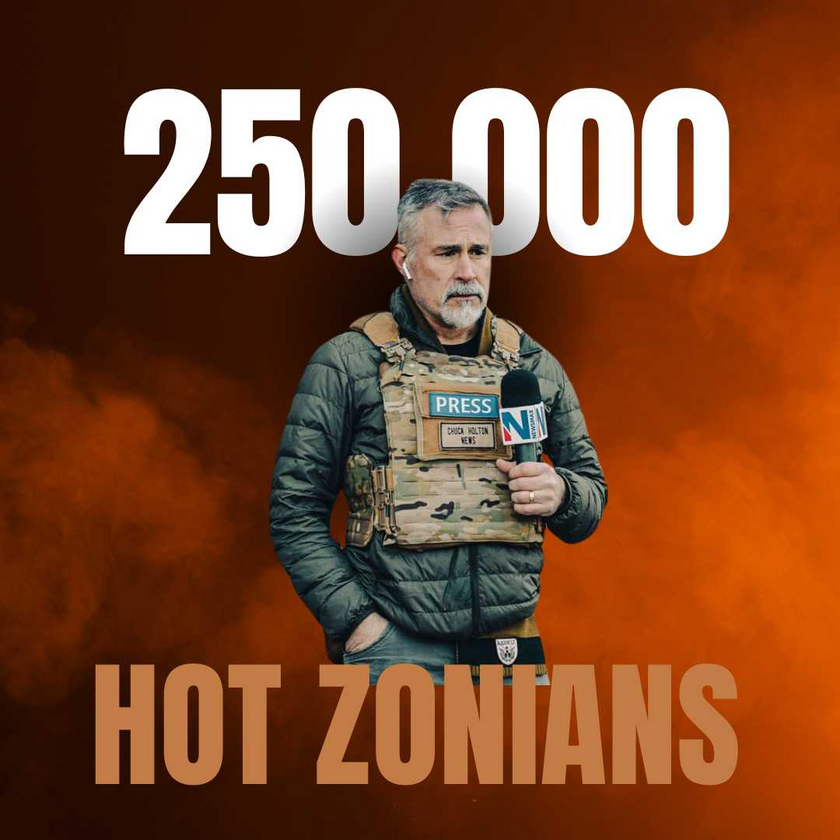Hey, you’re a parent. It’s a free country, and they’re your kids—you can raise them however you want. But remember, the rest of us are going to be living in the world with them too. And frankly, we’re frustrated with what we see: weak, overly sheltered boys who have been taught to avoid discomfort and to eschew risk at all costs. They’re careful, quiet, and spend most of their lives watching screens instead of facing the world head-on. They’ve become like pampered little poodles, sitting comfortably on the couch, always taking the path of least resistance.

But here’s the problem: these boys will grow up. One day, they’ll be expected to step into roles as providers, protectors, and leaders. Unfortunately, while they’ve spent their youth on easy streets, coddled and swaddled in air-conditioned comfort, there are other young men out there living a very different reality. Boys in tough corners of the world sleep in the dirt, go without food, do back-breaking labor, and carry responsibilities far beyond their years. For them, hardship isn’t something to be avoided; it’s simply life.
And make no mistake: these young men have been taught to despise us. They see our culture as soft, self-indulgent, and unprincipled. And they’re not wrong.
While we’re busy raising sons who’ve never even heard a hard “no” in their lives, these other boys—young men from Syria, Afghanistan, North Africa—are taught to be strong, relentless, and unyielding. They’re being prepared for a fight we’ve barely begun to notice. I’ve seen them. They don’t dream of coming to America to join us; they plan to conquer what they view as a decaying, soft society. And if we’re not vigilant, they’ll do it without resistance.

Like it or not, our sons may one day have to square off against those hardened young men who grew up knowing only struggle. And when that day comes, will your comfortable, sheltered son be ready? Can he protect himself and the people he loves? Or have you inadvertently raised him to be just another liability?
Not every boy will be a warrior, but some must be. And if you think we can keep the peace indefinitely without raising men capable of standing up for what they believe in, think again. This isn’t just about self-defense; it’s about producing strong men who can preserve our way of life. Because those of us who have been on the frontlines? We’re not getting any younger, and the burden of protection won’t rest on our shoulders forever.
America needs more young men who are tough, capable, and morally straight. But take a hard look around: is your son that man? Or is he too distracted with his virtual worlds to even consider the real one? Are you unintentionally raising him to be irrelevant—or worse, a weak spot in America’s armor?

Boys aren’t meant to stay soft. They’re meant to grow into strong men, able to protect, provide, and fiercely love the people who depend on them. Sure, not all of them will end up on the battlefield, but life itself can be a battleground. Whether he’s facing an enemy, supporting his family, or simply holding firm in the face of hardship, your son will need the resilience to take on whatever life throws at him. And resilience isn’t something you get from a comfortable, cushy upbringing.
Raising a boy to be a man means setting him up to embrace discomfort, to learn from struggle, to build character. If you’re doing everything in your power to keep him happy, entertained, and out of danger, let’s face it—you’re part of the problem.
Instead, give your son controlled doses of hardship every day. Let him feel fear, and then teach him to overcome it. Give him responsibility from the moment he can handle it. Discipline him with purpose, set high expectations, and don’t give in when he pushes back. He’s not in charge—you are. And it’s your duty to prepare him to lead one day.
America needs strong men—so raise one. The country, and our way of life, depend on it.

















